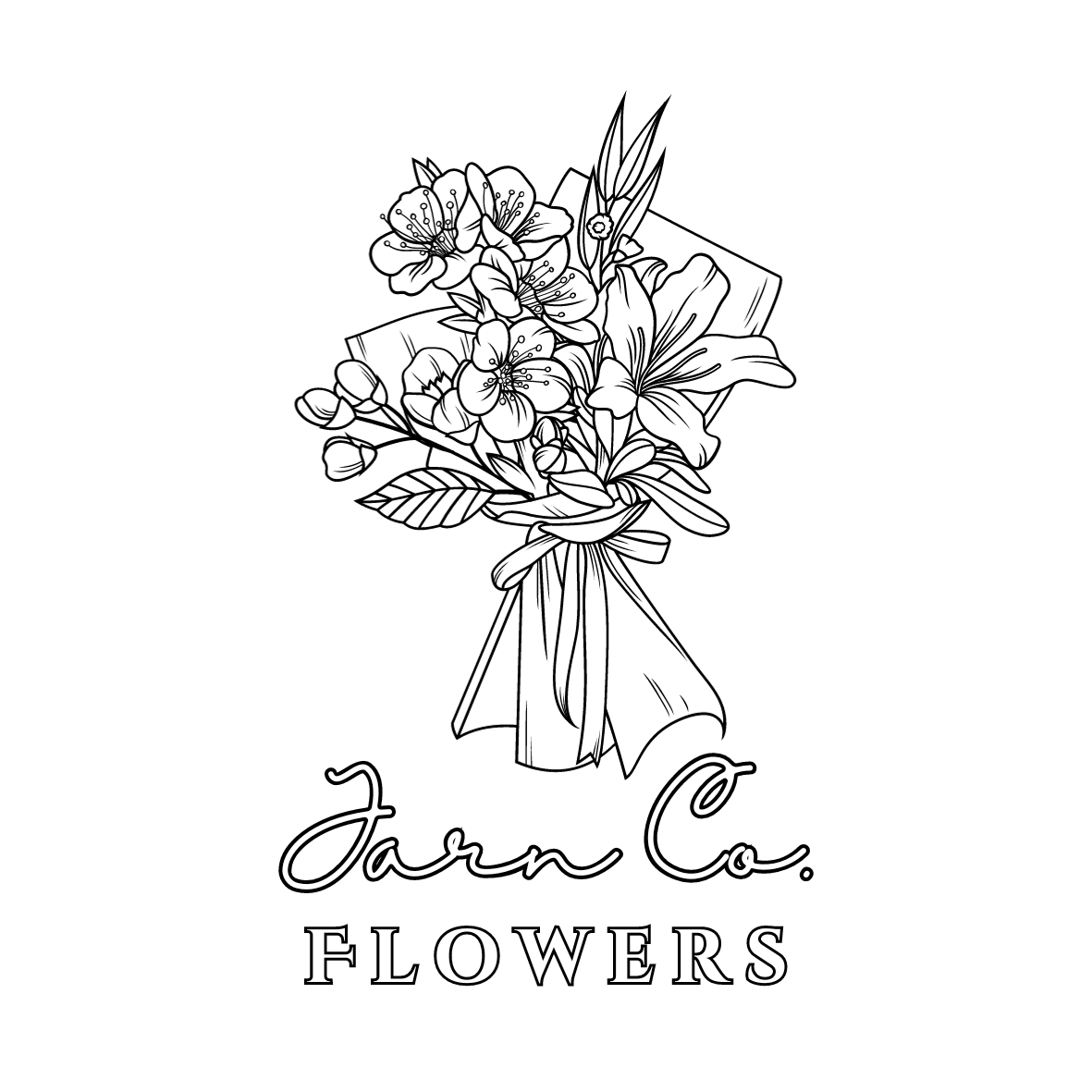Beyond Bouquets: Cultivating Inclusivity in the Floral Industry
The floral industry, a vibrant tapestry woven from blooming beauty and fragrant emotions, isn't without its thorns. While flowers transcend cultural and societal barriers, the industry itself often falls short, riddled with systemic inequities that limit access and representation.
From flower sourcing to marketing and business practices, it's time for the floral industry to undergo a much-needed bloom of inclusivity. Here's why:
1. Diversifying the Narrative:
The face of the floral industry has long been predominantly white, Eurocentric, and female. This narrow narrative excludes and erases the rich tapestry of cultures and identities that have always woven their stories into the language of flowers. Imagine walking into a floral shop and seeing bouquets inspired by vibrant Mexican marigolds, delicate Japanese cherry blossoms, or the bold, graphic beauty of African wax prints.
Diversifying the narrative means showcasing these underrepresented voices and floral traditions, promoting cultural exchange and offering customers a more authentic and inclusive experience.
2. Ethical Sourcing and Sustainability:
The global flower trade, unfortunately, often hinges on unethical practices and unsustainable farming methods. Exploitative labor conditions, environmental damage, and harmful chemical use are just some of the thorns hiding beneath the industry's glossy facade.
For the floral industry to be truly inclusive, it needs to embrace ethical and sustainable sourcing practices. Supporting local growers, fair-trade certified farms, and eco-friendly flower production methods not only creates a more equitable ecosystem but also ensures a vibrant future for this delicate art form.
3. Accessibility and Affordability:
Flowers, despite their universal appeal, often remain a luxury good, inaccessible to marginalized communities and individuals with limited financial resources. This creates a disparity where joy and beauty become confined to certain socioeconomic circles.
The floral industry needs to actively strive for inclusivity by offering affordable bouquets, community flower gardens, and educational programs that democratize access to the magic of flowers. Imagine community workshops where diverse groups learn to grow and arrange their own blooms, fostering both environmental and social connection.
4. Celebrating LGBTQ+ Representation:
The floral industry, with its inherent symbolism of love and romance, often falls short in representing the diverse spectrum of love and commitment within the LGBTQ+ community. The traditional "white wedding" aesthetic and heteronormative marketing exclude and alienate countless couples seeking to celebrate their unions with blooms that reflect their true selves.
By showcasing diverse wedding bouquets, featuring LGBTQ+ couples and florists in marketing campaigns, and offering inclusive language and options, the floral industry can bloom into a space that truly celebrates all forms of love and commitment.
5. Embracing Disability and Neurodiversity:
The world of flowers, with its tactile textures, intoxicating scents, and vibrant colors, should be accessible and enjoyable for everyone. However, the floral industry often overlooks the needs of individuals with disabilities or neurodiversity.
From creating scent-free options for individuals with sensory sensitivities to offering accessible storefronts and online platforms, the industry can actively embrace inclusivity and ensure that everyone can experience the joy of flowers.
Blooming a Brighter Future:
These are just a few seeds of change that can be sown to cultivate a more inclusive floral industry. By acknowledging its shortcomings and actively working towards diversity, equity, and accessibility, the floral world can blossom into a space that truly reflects the vibrant tapestry of humanity. After all, inclusivity isn't just a trend; it's the fertile soil from which true beauty and connection can flourish. Together, we can cultivate a floral industry that blooms for everyone, where every petal tells a story of inclusivity and joy.

